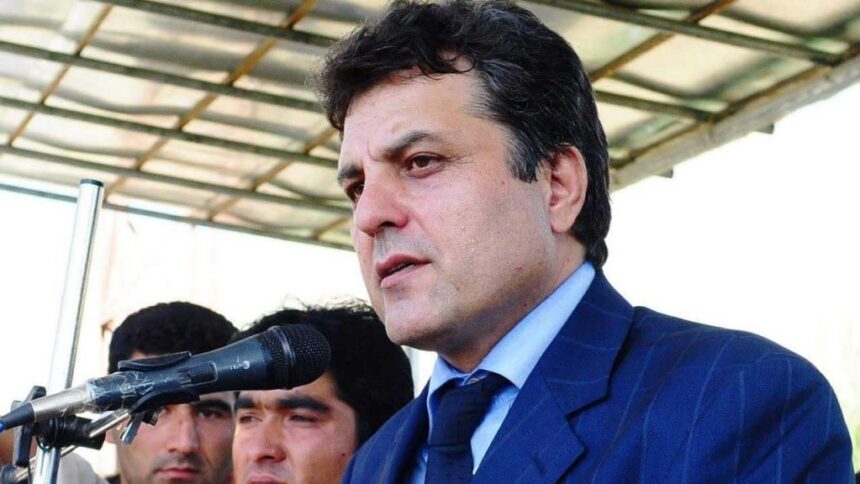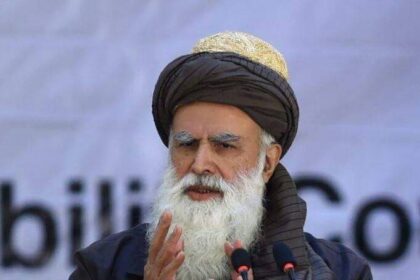RASC News Agency: Dr. Latif Pedram, leader of Afghanistan’s National Congress Party, has proposed replacing the term “Islamic Emirate of the Taliban” with “Islamic Emirate of the Pashtuns” to more accurately reflect the group’s ethnic and political composition. In his statement, Dr. Pedram declared, “From this point onward, instead of referring to it as the Islamic Emirate of the Taliban, use the term Islamic Emirate of the Pashtuns.” The prominent political leader and former representative of Badakhshan in Afghanistan’s previous parliament argued that the phrase “Islamic Emirate of the Taliban” is misleading and fails to convey the group’s monopolistic ethnic agenda. He emphasized that calling it the “Islamic Emirate of the Pashtuns” would more appropriately describe the current regime’s nature and its exclusivist policies.
Dr. Pedram has consistently criticized the Taliban, portraying them as representatives of Pashtun hegemony. In his view, the Taliban are the embodiment of ethnic absolutism and the monopolization of power by the Pashtun majority. He believes that using the term “Taliban Emirate” alone obscures the deeper ethnic dynamics of their rule. The Taliban, for their part, continue to label their government as the “Islamic Emirate of Afghanistan.” However, their actions betray a narrow and extremist interpretation of Islam, marked by severe restrictions on women and the suppression of free speech.
The group’s leader has issued draconian decrees under the guise of “Propagation of Virtue and Prevention of Vice,” which disproportionately target women. These include mandatory face coverings, bans on women speaking loudly in public, and restrictions on their mobility without a male guardian. While the Taliban publicly denounce ethnic divisions, they have excluded all non-Pashtun groups from representation in their cabinet, solidifying accusations of ethnic favoritism.
Notably, more than three years have passed since the Taliban’s takeover of Afghanistan, yet no nation has officially recognized their regime. The group’s international interactions remain limited to provisional and unofficial engagements. The United Nations, too, has refrained from extending formal recognition to the Taliban government, leaving their status in international diplomacy ambiguous and marginalized.






